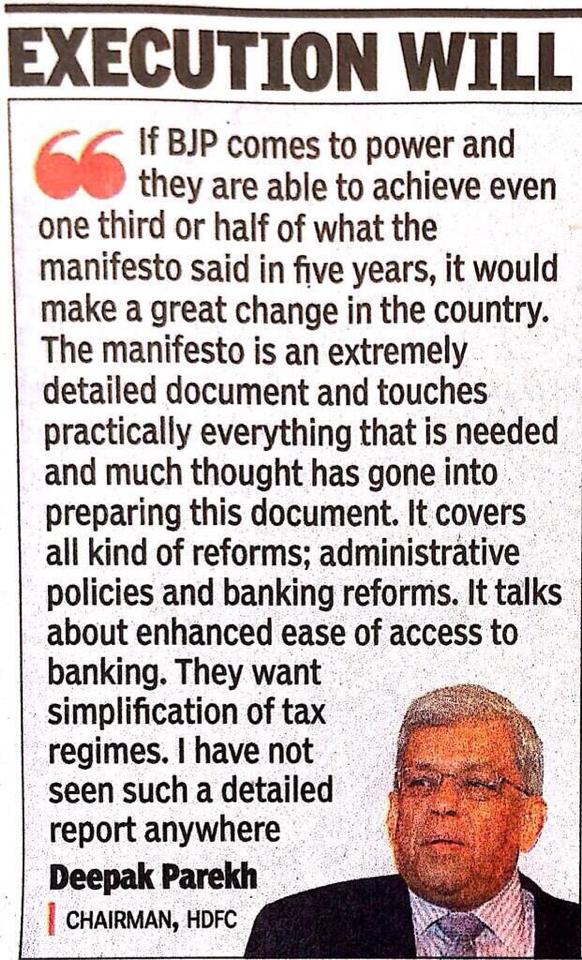(Disclosure:I am market making in BSE)
Asia’s oldest bourse Bombay Stock Exchange (BSE), which has been losing market share to National Stock Exchange (NSE) for the past few years, is banking on its new technology that has reduced response time of orders many times to gain market share and is gearing up for an initial public offering (IPO) by end of 2014.
“An IPO could not happen as regulatory clearances have been taking time. We need two approvals form the regulators. We hope to dilute either 10% or 25% depending on how many shareholders would like to exit. We hope to complete the IPO by end of 2014,” said Ashishkumar Chauhan, Managing Director and CEO of Bombay Stock Exchange (BSE).
BSE, which has shifted to a new technology platform on April 7, has brought in the new technology from Deutsche Bourse to reduce response time for orders. During the past few years, Chauhan said, NSE had been executing orders about 10 times faster than BSE.
Over the past few years, BSE has increased the order execution time to 10 milliseconds from 300 milliseconds. And, with the new technology BSE would be able to bring the response time down from around 10 milliseconds to 100 micro seconds over the next few months, added Chauhan. “The new system is now 50 times faster and has also brought down cost of operations. This would slowly bring back more traders on BSE platform,” he said.
According to the top executive of the bourse, while trading volume is higher at NSE, deliver has always been much higher at BSE. In trading, BSE has a market share of just about 14-15%, but in delivery, Chauhan said, its market share is about 35-40%. At present, BSE has about 5300 stocks, while NSE has about 1600.
In order to increase market share, BSE has opened new segments for trading, including offer for sale, trading in small and medium enterprises, mutual fund distribution, e-IPOs and retail debt apart from traditional areas like equity and derivatives, currency derivatives, even Government bonds.
“We have also started are incentivising brokers to bring retail clients to BSE and have products to cater to players in all segments, from retail to FIIs. The exchange has put its muscle behind its marketing, sales and distribution network,” said Chauhan. Through its joint ventures with Deutsche Bourse and Morning Star, BSE also sells data globally.
“In the new segments, which we call Blue Ocean, we are market leaders, and have monopoly in most of these. The old segments like pure equities, which we call Red Ocean, we are lagging behind. Like in SMEs, we have 56 SMEs listed and we have a dominant 95% marketshare. But, in equities, we have just about 26% market share. The derivative market share of BSE has risen from nil to 22-25%. However, we are gaining our market share slowly,” said Chauhan.
BSE also has a joint venture with S&P. S&P creates indices, markets them and manages them. Also, S&P is likely to bring a lot of its back office jobs to this JV over a period of time, he added.
However, most of BSE’s revenue still comes from retail traders. About 10% of revenue comes from institutions, about 25% from Algorithmic trading, and the rest still comes from retail traders, said Chauhan. On an average, BSE processes about 5-6 lakh orders every minute. However, as lot size has been reduced to just one unit, per trade volume and value have also come down drastically in the past few years.-from BS
